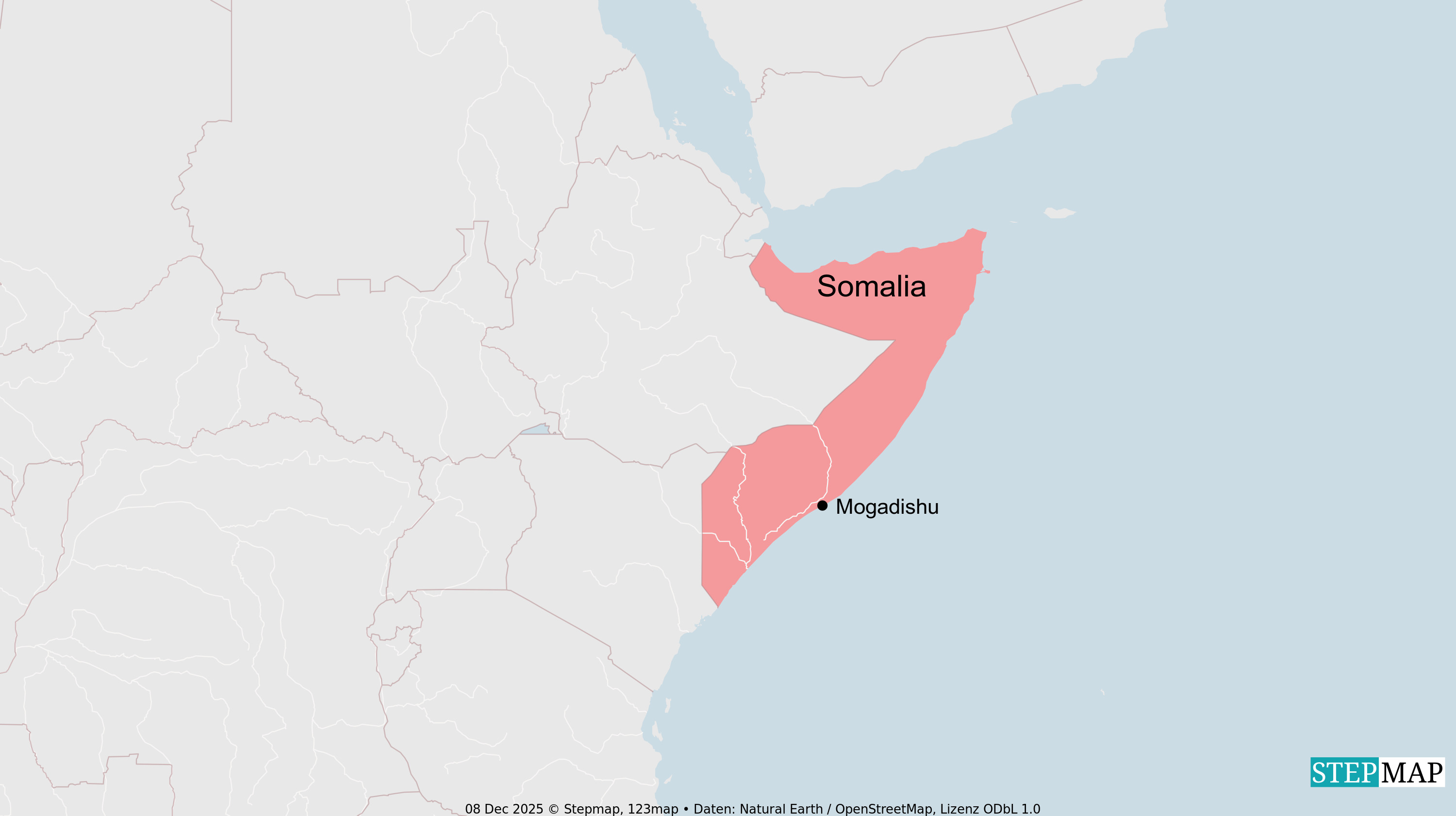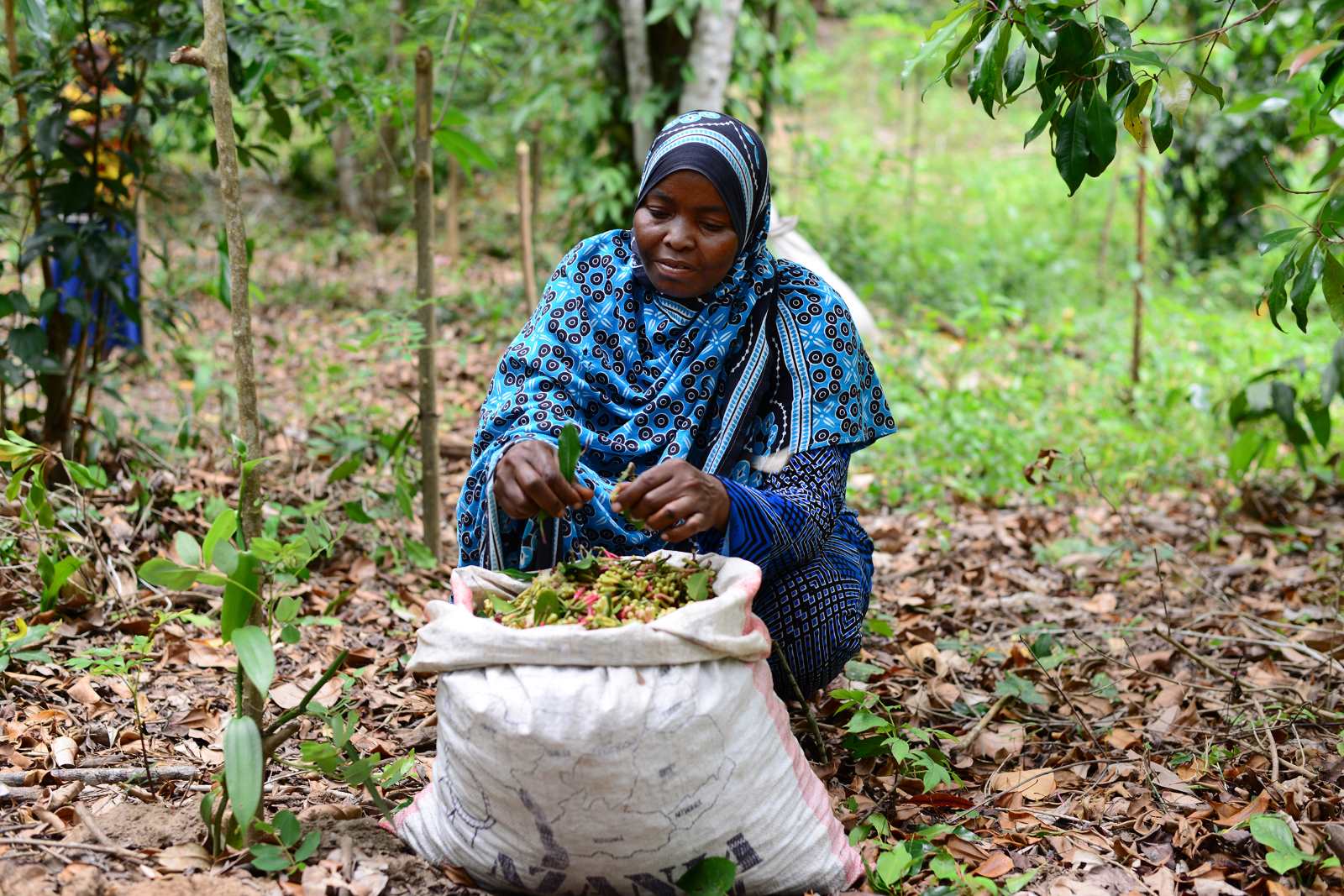Ghana
Promoting employment in Ghana

Official data is only gathered at irregular intervals, however, and it only captures people who have officially registered as unemployed. It leaves out, for example, the underemployed, informally employed and people working in jobs not suited to their qualifications. The methodology, which comes from Europe and North America, is of questionable use, particularly considering the large informal sector. This problem affects Ghana as well as other African countries, as the Ghanaian economist William Baah-Boateng (2016) has pointed out. According to a report by the World Bank (Dadzie et al. 2020), over half of those who are not officially considered unemployed are underemployed.
BMZ support for seven African countries
Germany’s Federal Ministry for Economic Cooperation and Development (BMZ) is tackling this problem. Since 2019, it has been supporting measures to promote employment in a total of seven African countries as part of the Special Initiative on Training and Job Creation (Sonderinitiative Ausbildung und Beschäftigung). In Ghana, the project has a total budget of € 38.3 million for the period from 2019 to 2025. The initiative also operates under the name “Invest for Jobs”. It is integrated into a more comprehensive project by the G20 states entitled “Compact with Africa”. In Ghana, GIZ is coordinating projects that cut across all sectors of the economy – from training bus drivers to supporting small farmers to telecommunications and IT. (For more on the IT sector in Ghana, see main story.)
The initiative is pursuing a variety of goals. On the one hand, the African countries that are receiving support are those that have made particularly good progress in the effort to achieve good governance. On the other hand, quick successes in employment promotion also have top priority. By supporting development on a local level, the initiative also aims at reducing the pressure of migration to Europe.
References
Baah-Boateng, W., 2016: The youth unemployment challenge in Africa: What are
the drivers? In: The Economic and Labour Relations Review, Vol. 27 (4).
Dadzie, C. E., Fumey, M., Namara, S., 2020: Youth employment programs in Ghana: Options for effective policy making and implementation. International development in focus. Washington, DC: World Bank.
Marian Burchardt is a professor at the Institute for Sociology at Leipzig University and director of the research project presented here.
marian.burchardt@uni-leipzig.de
Florian Stoll has a postdoc position at the Institute for Sociology/Research Center Global Dynamics at Leipzig University and researches the reasons for job changes in Ghana as part of the project presented here.
florian.stoll@uni-leipzig.de

















